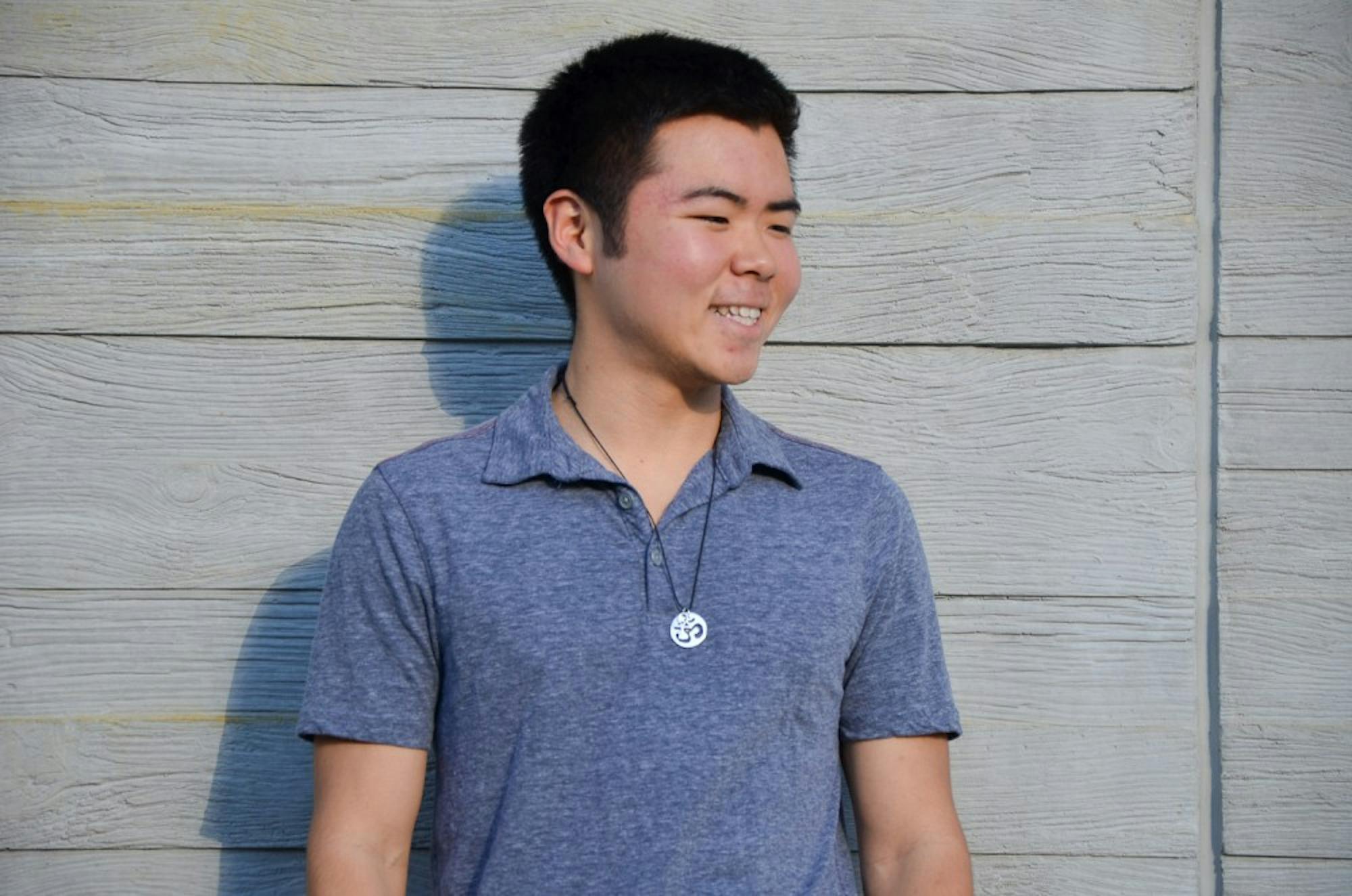As I enter my senior year, I’m reminded of our collective dream to lead happy and successful lives. It’s difficult to avoid the contagious excitement that pervades our campus — we’re all here to figure out how to build and live a great life, while frequently having a bit too much college-rated fun.
Behind the optimism, however, there are other realities. We’re often afraid to be alone. We’re not always grounded in a core sense of self that transcends group expectations or negative situations. We all feel stressed. Most of us haven’t found a life-long calling. We all wouldn’t mind more “likes” on that new profile picture. We want to ask out that guy or girl but fear rejection and vulnerability. FOMO exists. And most conversations don’t resonate with that deep passion lying dormant within each of us.
These are symptoms of a communal neglect — we’ve overlooked something while striving for our happiness and success. We feel we’re missing a deep sense of purpose, core confidence, groundedness and unbounded joy. That intangible something. Instead of looking within, we often turn to culture, society, mentors, parents and friends to mask this unease.
We’re constantly discouraged from tuning into our inner voice — society, the system, civilization, whatever you decide to label it, has put us into boxes. We wake up from a box, to sit inside a box, to get information from a paper box, to turn on electronic boxes to check our inboxes. Our days get compartmentalized into “work” and “play.” We feel mental security in constructing our careers with simple, linear steps. Emotions are utilized in tails, meetings and practice — we’re afraid of not being accepted for how we truly feel.
Back in our hunter-gatherer days, life wasn’t this enclosed. We had greater freedom from material want. Time waxed and waned with the seasons. Everything was fresh, vibrant, on the edge. I’m not saying that we should just return to the wild, but the fact remains we’re not as connected with our instincts and spontaneity as we were when living bare, raw, dangerously and organically. We’ve gradually been penned in, tuned out and stressed out by modernity.
In the classroom we’re only encouraged to develop “how we think.” There is not one class called “Emotional Management,” “How to Listen to your Heart and Intuition” or “How to Discover your Life’s Purpose.” Perhaps we can get a bit visceral with the arts and humanities, but they are still quite cerebral in their pedagogy.
As a community, we’ve neglected the fact that to remain in touch with one’s intuitive and emotional self is fundamental to a life that is true to oneself. Not acknowledging this contributes to the fears and anxieties we experience daily.
Hence the phrase from the Delphic Oracle, “Know thyself,” is not just dusty philosophy — it’s even relevant today. That timeless statement is not an instruction to merely “figure out our interests.” It’s an invitation to embark on a journey with yourself that ends with the last exhalation.
So how can we start to break out of the mold and start living more grounded, authentic, free and peaceful lives?
Let’s begin by realizing that we’re all in this together.
We think, feel, crave, desire, avoid.
We laugh, cry, hold ourselves and each other.
We dream, doubt, act, hide, repeat.
We move, nap, sleep, eat, have sex (when we’re lucky), poop.
We desire a hug from someone who cares.
When the busyness of modern-day life tries to tune us out, we must remind oureselves of our humanity. Our sense of connectedness is more important than our affiliations, backgrounds, resumes and wardrobes.
Once we start accepting our humanity, we can truly get to know ourselves by listening to how our body and emotions react to our circumstances. We can start to understand where our feelings take us and choose to practice unconditional self-love, instead of self-judgment.
How do we practice self-love? For a moment, take a break. What do you see, hear, smell, touch, feel? What thoughts are racing in your head? When you tune into the moment, you live in reality. Every time we deviate from “living in the moment” by thinking about the past or future, we are not appreciating our current selves.
Philosopher Eckhart Tolle noted, “We live as if the present moment is some obstacle we need to overcome in order to get to some better point in their lives ... this makes living hard, effortful.”
Self-love happens when we get out of our mental projections and simply accept ourselves at every moment of our lives.
The more present and mindful we become of our whole selves, our thoughts, feelings and actions will align with what will naturally make us happy and embrace success. Ideas, people, community and love will flow into our lives when we do things that truly make us happy. And we will give ourselves permission to seek opportunities that will make us successful in our own right. My recommendations are:
Let us breathe deeper and lose ourselves to the moment.
Let us listen to our bodies and emotions, not just our thoughts.
Let us give more permission to be our wild, primal selves.
Let us trust our intuition, not the rules and stories we’ve been conditioned to believe.
Let us love ourselves more, just because.
Deep inside we know we’re at Dartmouth to discover ourselves, look within, dissolve our fears and construct our solid, unshakable sense of self before heading out into the modern world. When we embark on our personal journeys of self-discovery, we establish the roots that will organically grow us into happy, fulfilled and successful people.




